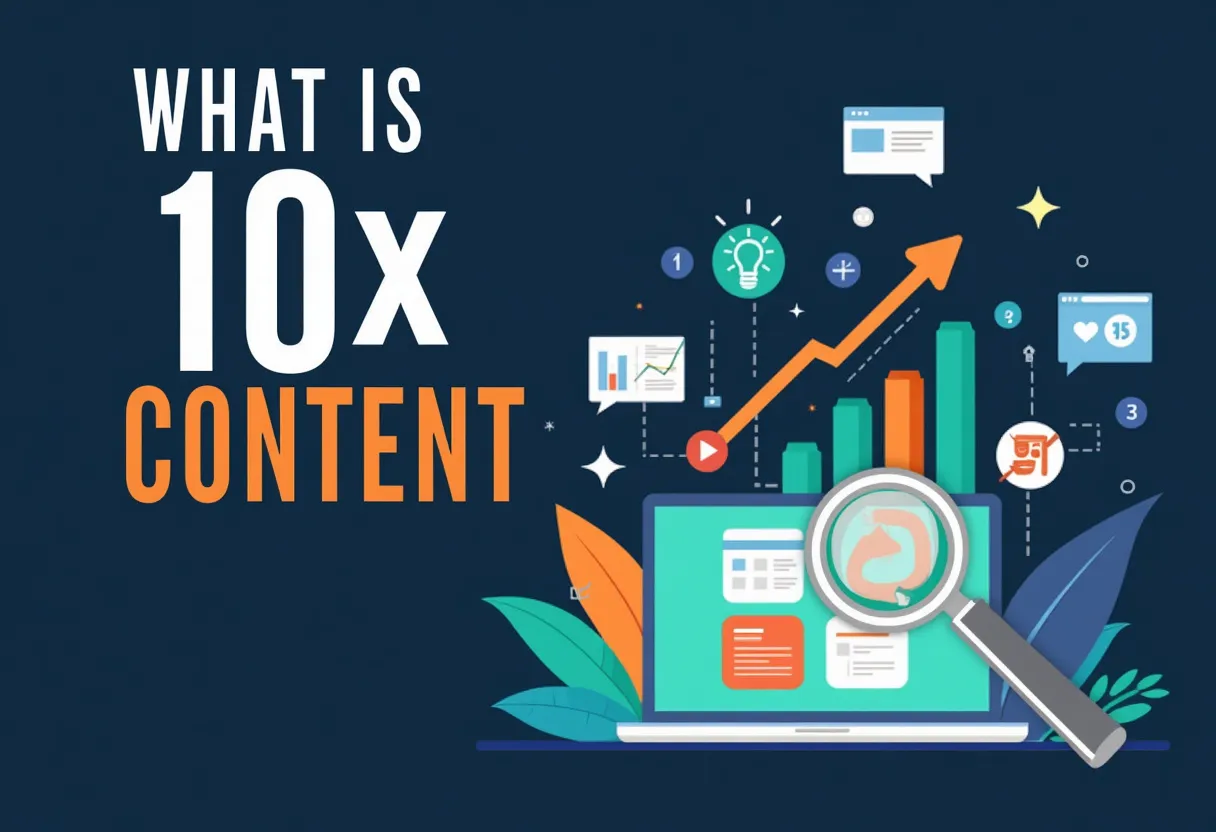Definition
What is Google Pigeon?
Google Pigeon is a significant update to Google’s local search algorithm, which was released on July 24, 2014. This update aimed to improve the relevance and accuracy of local search results by integrating Google’s local search algorithm with its traditional web search algorithm.
How It Works
Integration with Organic Search Signals
The Pigeon algorithm combines local search signals with Google’s core organic search ranking signals. This means factors such as backlinks, content quality, website loading speed, and mobile friendliness are crucial for determining local search rankings. By merging these factors, Google made sure that local search results align more closely with regular web search rankings, thus improving the overall search experience for users.
Enhanced Location and Distance Factors
Pigeon improved Google’s ability to calculate the distance and location of local businesses, ensuring users receive results that are geographically relevant to their search queries. This led to a narrower search radius, favoring businesses closest to the user’s physical location. This enhancement resulted in more precise and geographically relevant search results for users, increasing the accuracy of local searches.
Impact on Local Packs
Before Pigeon, local search results often displayed a “7-pack” of local business listings. After the update, this was reduced to a “3-pack” in most cases, making local visibility more competitive for businesses. This change significantly altered the landscape of local SEO, making it essential for businesses to optimize their local presence to secure a spot in the coveted “3-pack.”
Unified Web and Maps Search Experience
Pigeon synchronized search results between Google’s web search and Google Maps, ensuring consistency and relevance across both platforms. This unification provided users with a seamless experience, allowing for more consistent and reliable local search outcomes whether users performed their searches on Google Search or Google Maps.
Why It Matters
Improved Local Search Quality
The update enhanced the accuracy and relevance of local search results, providing users with more precise and geographically relevant information. This improvement benefited both users and local businesses by ensuring that search results better matched the user’s location and intent. The heightened quality of local search results means that users can find what they are looking for more efficiently, which can lead to increased customer satisfaction and business opportunities for local enterprises.
Increased Focus on Local Rankings
Pigeon placed a greater emphasis on local rankings, making it essential for local businesses to have a strong organic web presence to compete effectively in local search results. Businesses now need to pay closer attention to their online presence and SEO efforts to ensure they rank well in local searches. This increased focus encourages businesses to adopt best practices in local and organic SEO to maintain and improve their visibility.
Impact on Various Types of Websites
The update significantly affected local business websites, local directories, national brands with local presence, and service businesses. Sites with accurate and up-to-date information saw improved rankings, while those with inconsistent data experienced a drop in visibility. The Pigeon update emphasized the importance of maintaining accurate business information across all online platforms to support a strong local SEO strategy.
Best Practices
Build a Strong Organic Web Presence
Local businesses should focus on building a robust organic web presence, including high-quality content, strong backlinks, and optimized website performance to improve their local search rankings. High-quality content can attract more visitors and earn backlinks from reputable sources, both of which are important ranking factors for Google’s algorithm.
Optimize for Local SEO
Ensure that business listings are accurate, up-to-date, and consistent across all platforms, including Google My Business. This helps in improving local search visibility and rankings. Consistency in business information, such as name, address, and phone number (NAP), across different directories and platforms is crucial for local SEO success.
Use Location-Specific Keywords
Incorporate location-specific keywords in your content to better align with local search queries and improve the relevance of your business to local users. Keywords that include city names, neighborhoods, or other local identifiers help search engines understand the geographic relevance of your business, enhancing your visibility in local search results.
Monitor and Adjust
Regularly monitor local search rankings and adjust SEO strategies accordingly. This includes keeping an eye on changes in the local pack and adapting to any fluctuations in search results. Staying updated on algorithm changes and emerging trends in local SEO can help businesses remain competitive.
Ensure Mobile Friendliness
Given the integration with core web algorithms, ensuring that your website is mobile-friendly is crucial for maintaining good local search rankings. More users than ever are performing searches on mobile devices, and a mobile-optimized website can enhance user experience and improve search rankings.
Related Terms
Integrating related concepts can help improve internal linking and provide a comprehensive local SEO strategy:
Local Business Citations
Local business citations refer to mentions of your business’s name, address, and phone number on other websites. These can include local directories, review sites, and social media platforms. Citations help build your business’s online presence and legitimacy.
Local Business Schema
Using schema markup for local businesses involves adding structured data to your website’s code to help search engines understand your business’s details better. This can enhance your search appearance with rich snippets, including business hours, reviews, and more.
Local Citation
A local citation is any online mention of the name, address, and phone number of a local business. Consistent and accurate local citations are crucial for local SEO success.
Local Link Building
This strategy involves acquiring backlinks from other local websites, such as local news outlets, blogs, and business directories. Local link building can boost your site’s credibility and improve its local search visibility.
Local Pack
The local pack is a group of three local business listings displayed alongside a map at the top of Google’s search results for local queries. Ranking in the local pack can significantly increase your business’s visibility and clicks.
Local Pack Optimization
Optimizing for the local pack involves using several strategies, including maintaining an accurate Google My Business profile, earning positive reviews, and targeting local keywords. These efforts can improve your chance of appearing in the local pack.
Local Schema Markup
Local schema markup is a type of structured data that helps search engines better understand the local aspects of your business. Implementing local schema can enhance your search listings with additional details like business hours, services offered, and customer ratings.
Local Search Marketing
Local search marketing strategies are designed to improve a business’s visibility in local search results. Techniques include optimizing your website, managing online reviews, and creating location-specific content to attract local customers.
Local SEO
Local SEO focuses on optimizing a website to perform well in local search results. Key components include local keyword optimization, managing online business listings, and acquiring local backlinks.
GMB (Google My Business) SEO
GMB SEO involves optimizing your Google My Business profile to improve its visibility in local searches and Google Maps. This includes providing complete and accurate business information, uploading high-quality images, and responding to customer reviews.
Conclusion
The Google Pigeon update represents a significant shift in how local search results are determined, integrating local search factors with core organic signals to provide more accurate and relevant results. For businesses, especially local ones, this means a greater emphasis on maintaining a robust online presence and adhering to best practices in local SEO. By understanding and adapting to the changes brought about by Google Pigeon, businesses can better position themselves to succeed in a competitive local search landscape.



